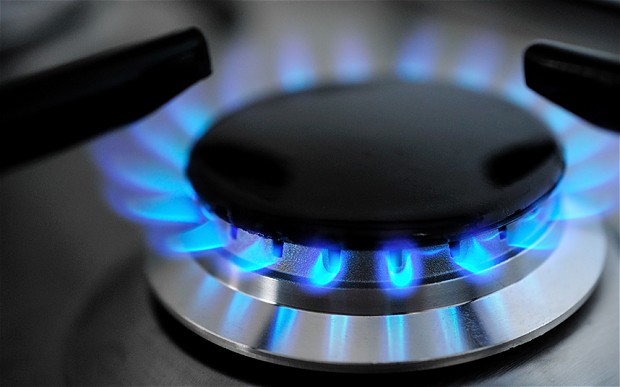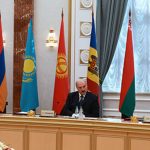- 1 June, 2016
- Eurasian Economic Union, Foreign Policy

Yesterday the Public Services Regulatory Commission of the Republic of Armenia decreased the tariffs for natural gas. In particular, the price for one cubic meter of natural gas became 146.7 AMD instead of the previous 156 AMD. And for industrial enterprises and gas stations (those that consume more than 10 thousand m3), the price dropped to 257.5 USD from the previous price of 277 USD per 1000 cubic meters.
These tariffs are due to enter into force starting from July 1. They have been presented as “the lowest possible” and “privileged” and related to Russian-Armenian ally relations. Hence, let us try to understand the extent to which gas prices are favorable and privileged.
The Price Has Even Increased
Before we often used to discuss whether PSRC should include this or that expense of the operator in the tariff. Currently, that discussion is de facto useless because the agreement signed during the famous Yerevan visit of Russian Prime Minister Dmitri Medvedev on April 7 has in fact stipulated the minimum margin of “Gasprom Armenia”.
Hence, the issue of tariff for gas is hereinafter in the political field and depends exclusively on Russian-Armenian relations.
As it has already been mentioned, the gas price for large consumers has been 277 USD per 1000 m3 since July 2016 and now it will form 257,5 USD. It means that 2-3 years ago large consumers used to pay 110-115 thousand AMD per 1000m3 and now that price has increased and become 123 thousand AMD due to appreciation of the US dollar.
It means that even after the so called decrease, the natural gas price for large consumers (factories, gas stations, and etc.) is going to be higher than 2 or 3 years ago.
Special “Ally” Conditions?
It is also worth noting that during the last 2.5 years the international price for gas has dropped by three times on average. Meanwhile, in its turn, Gasprom Armenia has decreased the gas price only by a few percent (counted by US dollars).
Ironically, even the price for gas supplied to European states by “Gasprom” has decreased by 2.7 times during the last 3 years… And this becomes even more curious if we consider the fact that Russia does not have supply competitors in many European countries.
Meanwhile, Armenia has neighbors who export gas (Iran, for instance). If common sense prevailed, Iran should have competed with Russia by suggesting gas with more favorable terms.
And while European countries adopt energy-related antimonopoly regulations (depriving “Gasprom” of the opportunities to misapply the monopoly), Yerevan has decided to grant a monopoly to Russia and reject the benefits provided by its favorable geographic position.
We should add here that while Armenian consumers will be paying 147 AMD for gas, the residents of Ukraine, Russia’s military enemy, will be paying the amount of 6.8 Ukrainian hryvnia equal to 130 AMD.
The residents of Moldova, another country that has rejected friendship with Russia and taken the path towards association with Europe, pay 5.9 Moldovan leu equal to 140 AMD. And Russian gas in Moldova does not have competitors either and the expenses for bringing the gas to the country are quite high (Moldova is much farther than Armenia).
And the residents of Belarus are the ones who are really going to enjoy the fruits of being Russia’s ally. They will be paying 770-2800 Belarusian rubles (depending on the season) equal to 18-68 AMD.
Daniel Ioannisyan,
“Union of Informed Citizens”




